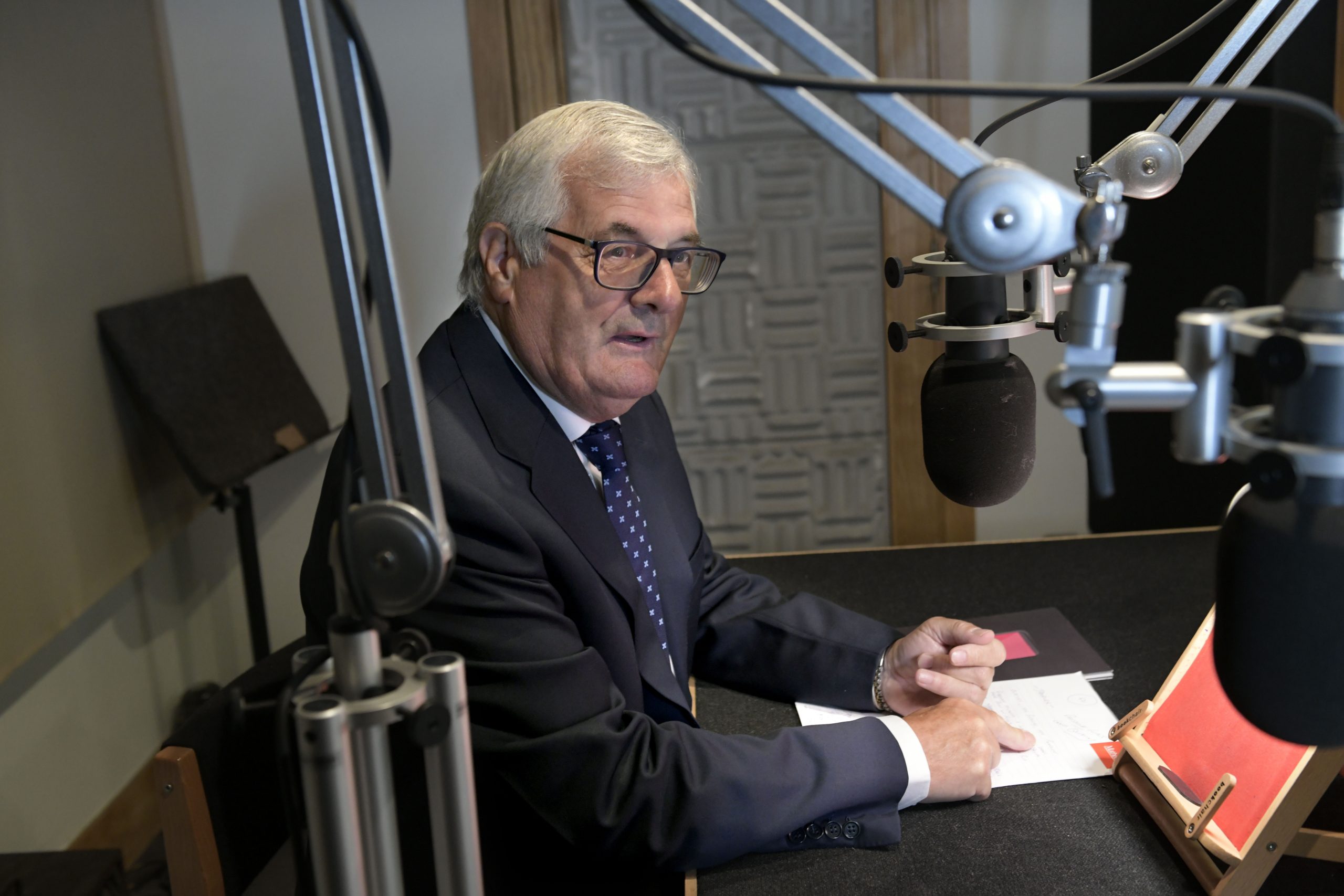In this exclusive interview, Paschal Taggart talks about: His regret and sorrow over Datalex Why the rich lists are a load of “bullshit” How he moved from a taxman to a dealmaker How a chance meeting led to the retail deal of a lifetime What it was like to negotiate with Don Tidey and Ben Dunne The behind the scene deal making to make Jervis Street happen The inside story of Paddy McKillen’s battles with Nama and the Barclay brothers How he got skittled on bowling alleys in Antrim Why his aversion to debt saved him from the crash The…
Cancel at any time. Are you already a member? Log in here.
Want to read the full story?
Unlock this article – and everything else on The Currency – with an annual membership and receive a free Samsonite Upscape suitcase, retailing at €235, delivered to your door.

